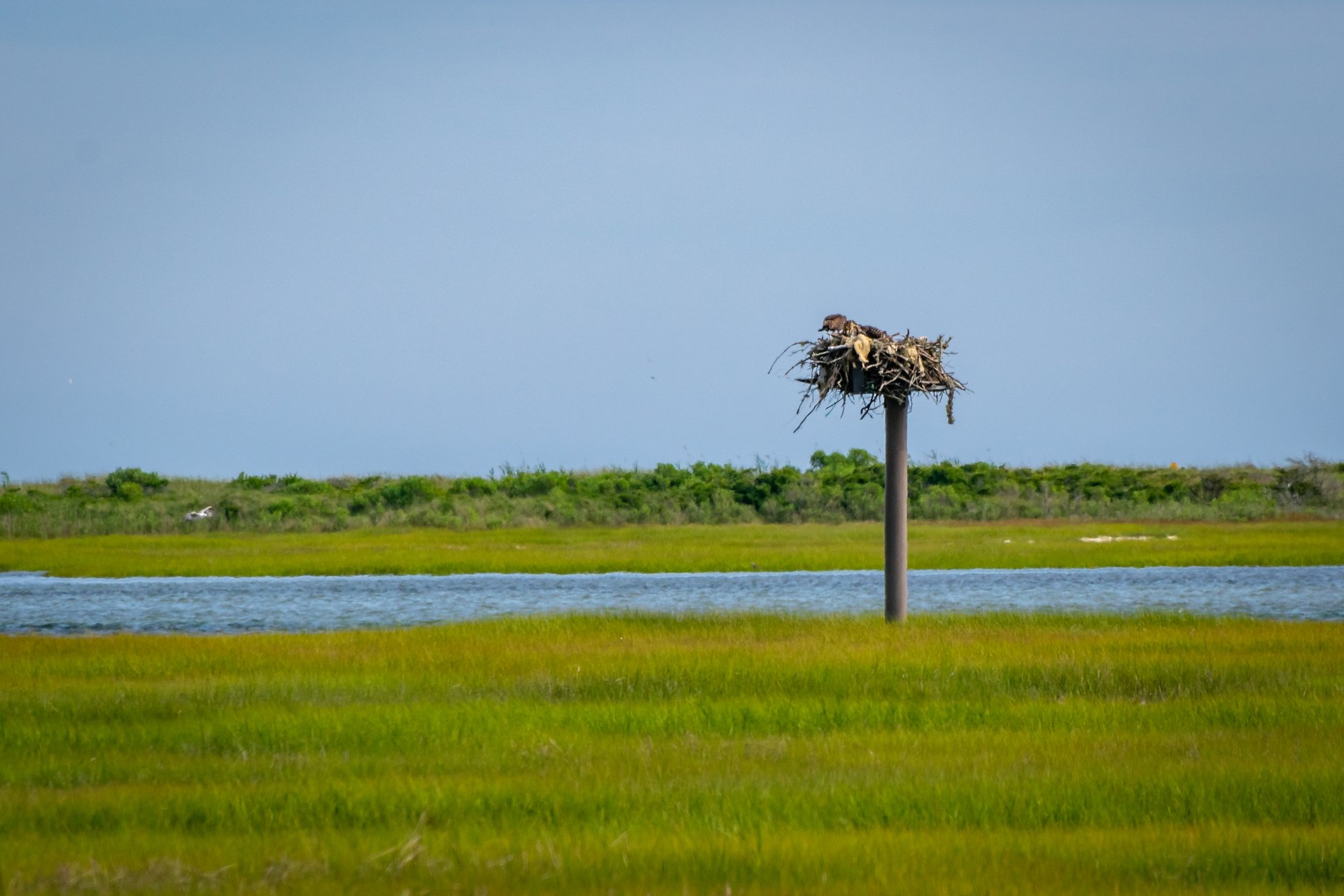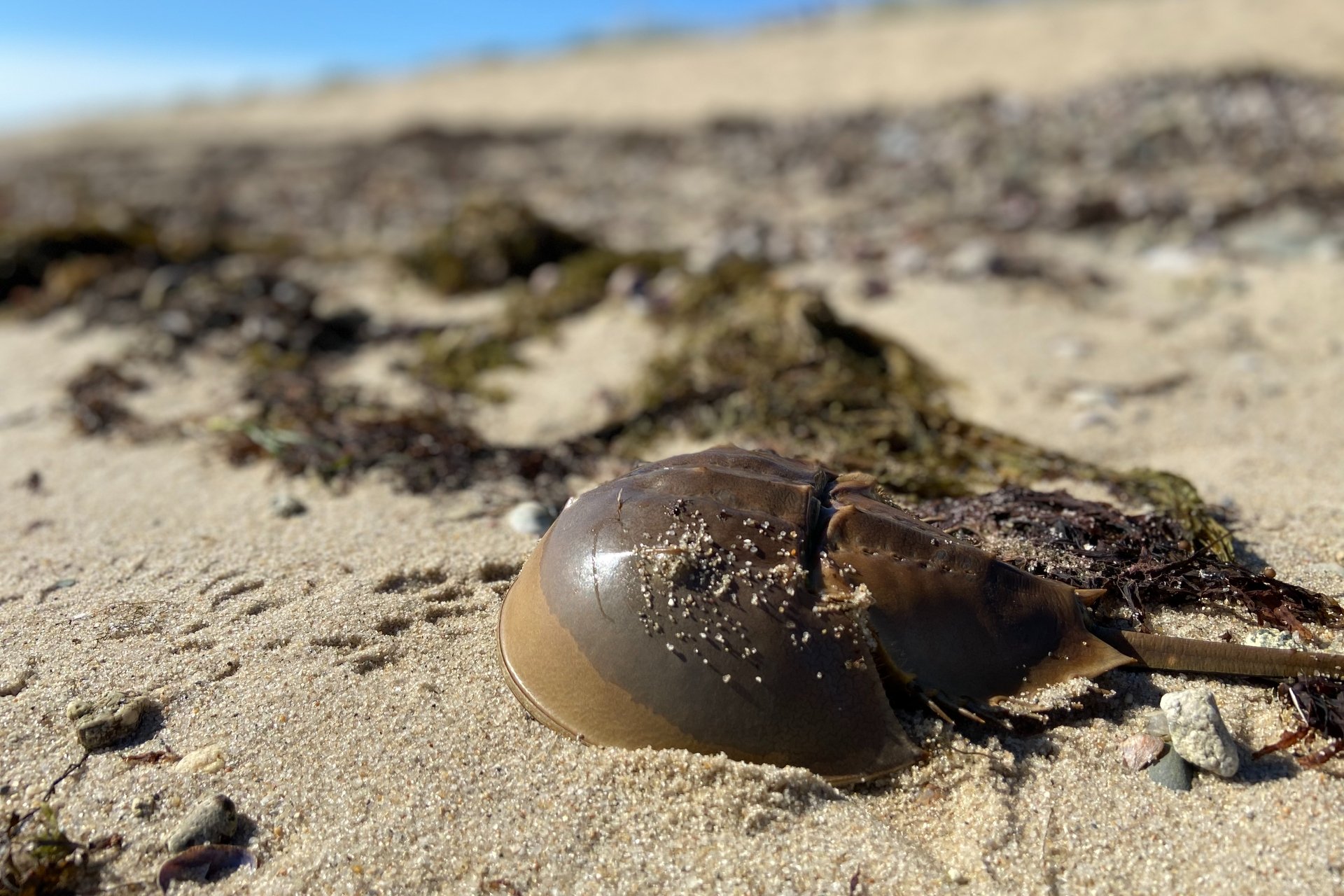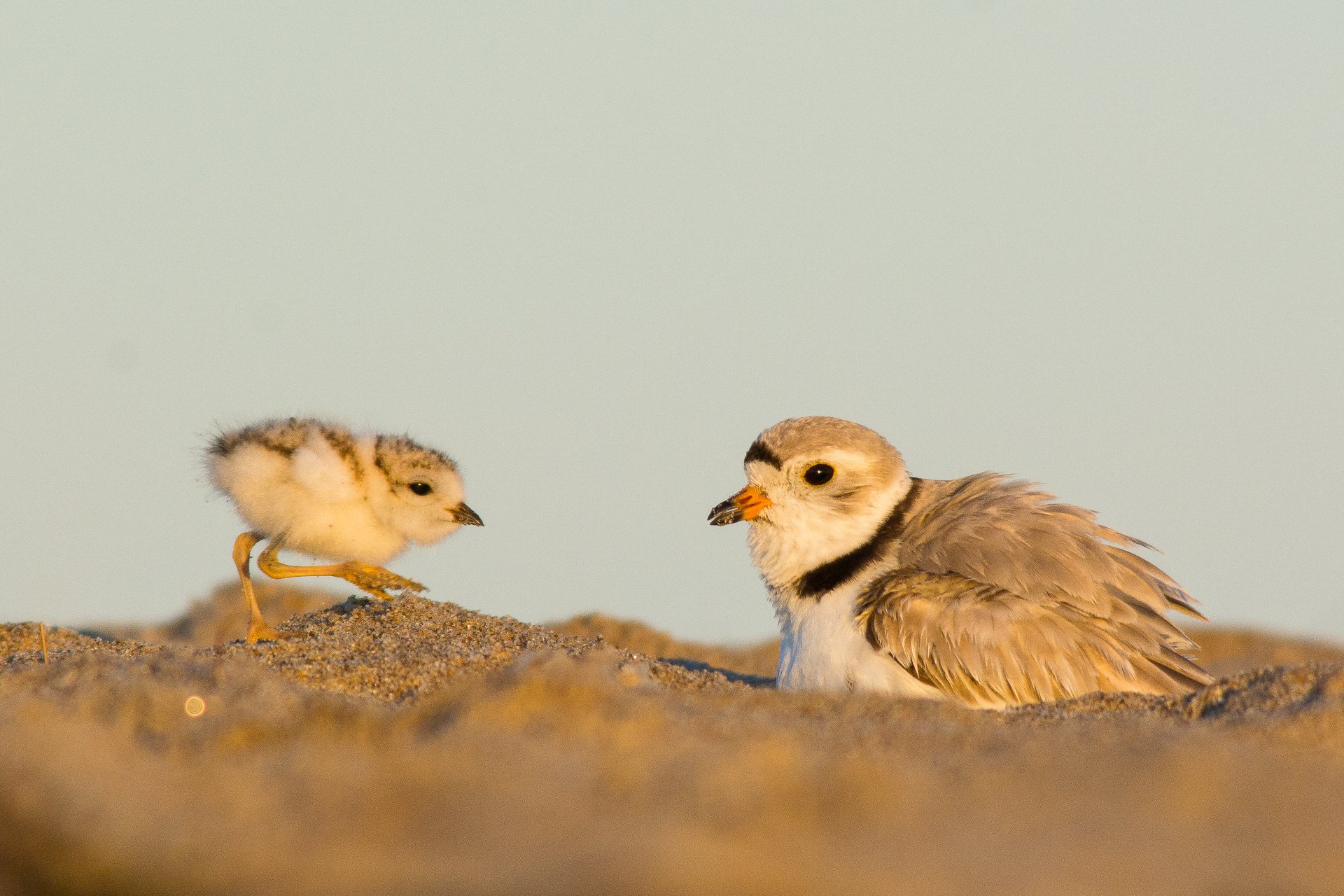Mass Audubon’s 2024 Conservation and Advocacy Highlights
January 23, 2025
As we dive into the next legislative session, we’re celebrating our biggest advocacy and conservation victories from this past year. Here are the highlights from 2024 showing our momentum towards the full promise of our ambitious Action Agenda for nature and climate.
New Energy Siting Approach Signed into Law
In a big win for clean energy and for nature, Governor Healey signed a sweeping climate and energy bill into law. An Act promoting a clean energy grid, advancing equity and protecting ratepayers provides a much-needed reform to the state’s approach to siting and permitting clean energy infrastructure. Critically, legislators incorporated specific recommendations from Mass Audubon experts which require energy developers to avoid and reduce impacts to nature and communities.
In addition to the new law, the state is making updates to its solar incentive program (called SMART). We’re advocating for the responsible siting of projects financed under the program, along with more funding for low-impact rooftop and canopy solar projects.
A Historic Conservation Win
When the towns of Winchendon and Ashburnham had to choose between selling a huge parcel of forest to a large-scale solar energy developer or protecting that land forever, the Select Boards voted to allow Mass Audubon to permanently conserve it.
Protecting this 1,350-acre parcel of land was possible thanks to a transformative $25 million dollar gift from MathWorks, as well as strong community partnership from Mount Grace Land Conservation Trust and a group of passionate residents. This collective victory in Winchendon showed that our strategy to nimbly leverage private financing to protect the Commonwealth’s most important lands is a pathway to success.
Horseshoe Crabs Get New Protections in Massachusetts
Horseshoe crab populations have become severely depleted in Massachusetts due to overfishing. That’s why we advocated for the state’s Marine Fisheries Advisory Commission (MFAC) to ban the harvest of horseshoe crabs for bait during their breeding and egg-laying season.
Thanks to the support of nearly 100 advocates who joined us at two public hearings, and more than 2,600 people who submitted written comments, we succeeded! The MFAC made a transformative decision in March 2024, moving our local horseshoe crab populations closer to recovery and long-term viability.
Rescuing Raptors Across the State
More than 50 cities and towns launched local campaigns to curb the use of harmful rodent poisons in 2024, and Mass Audubon supported many of them through our Campaign to Rescue Raptors. These community campaigns will be key to reducing the use of these poisons in Massachusetts, and in turn will help protect wildlife like raptors, foxes, coyotes, and other predators that keep Massachusetts’ ecosystems in balance.
Continued Success of Piping Plover Protections
Our Coastal Waterbird Program (CWP) protects Piping Plovers and other threatened coastal birds through management and education at 203 sites along 141 miles of the Massachusetts coastline. By partnering with over 43 municipalities, state and federal agencies, and hundreds of landowners, CWP experts and volunteers helped increase plover abundance and success on CWP-protected sites, showing that intensive management yields powerful conservation results. In 2024, over 60 percent of first plovers’ nesting attempts hatched eggs, an increase of more than 10 percent over 2023 levels.
Advancing Wetland Restoration and Coastal Resiliency
Mass Audubon and partners successfully pushed for a new provision in 2024 that eases procedural barriers to salt marsh restoration. Over 800 advocates also joined with us by submitting comments to the state supporting stronger protection of coastal floodplains, and better management of stormwater from increasingly intense rain events.
Wetlands are essential for climate resiliency, wildlife habitat, and clean water, and Mass Audubon’s scientists are repairing the legacy of damage to our salt marshes and rivers by restoring these beleaguered systems. In 2025, we’ll seek even deeper streamlining to speed up permitting.
Conservation & Advocacy by the Numbers
6,700+ Climate and Nature Champions engaged
9,175 advocacy actions taken to influence policy
3,100 acres protected, including through conservation assists with partners
3,400 coastal acres restored
10X growth in Rescue Raptor community campaigns
4 towns adopted the Community Preservation Act
7 communities acted to restrict SGARs on private property
379 pairs of Piping Plovers were protected by the Coastal Waterbird Program, representing one-third of the state population and roughly 17% of the Atlantic Coast populations
3 state agencies improved regulations for wildlife protections and climate resiliency consistent with Mass Audubon’s Action Agenda
12 high-level government commissions and advisory groups were served on by Mass Audubon policy experts
Learn What’s Next for Conservation and Advocacy at Mass Audubon
On Wednesday, January 29, learn about our recent achievements, our priorities for 2025, and how you can get involved during an all-member webinar.
Stay Connected with Policy & Advocacy
Don't miss a beat on all the ways you can get outdoors, celebrate nature, and get involved.





